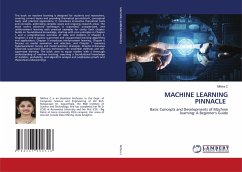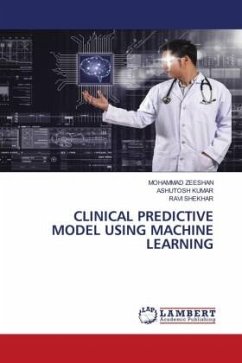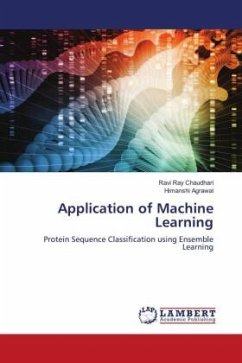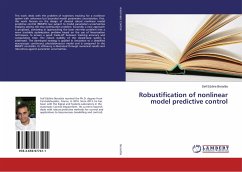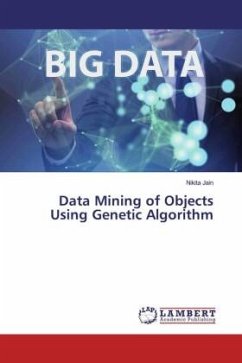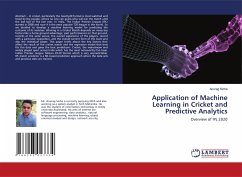
Application of Machine Learning in Cricket and Predictive Analytics
Overview of IPL 2020
Versandkostenfrei!
Versandfertig in 6-10 Tagen
27,99 €
inkl. MwSt.

PAYBACK Punkte
14 °P sammeln!
Abstract: - In cricket, particularly the twenty20 format is most watched and loved by the people, where no one can guess who will win the match until the last ball of the last over. In India, The Indian Premier League (IPL) started in 2008 and now it is the most popular T20 league in the world. So we decided to develop a machine learning model for predicting the outcome of its matches. Winning in a Cricket Match depends on many key factors like a home ground advantage, past performances on that ground, records at the same venue, the overall experience of the players, record with a particular o...
Abstract: - In cricket, particularly the twenty20 format is most watched and loved by the people, where no one can guess who will win the match until the last ball of the last over. In India, The Indian Premier League (IPL) started in 2008 and now it is the most popular T20 league in the world. So we decided to develop a machine learning model for predicting the outcome of its matches. Winning in a Cricket Match depends on many key factors like a home ground advantage, past performances on that ground, records at the same venue, the overall experience of the players, record with a particular opposition, and the overall current form of the team and also the individual player. This paper briefs about the key factors that affect the result of the cricket match and the regression model that best fits this data and gives the best predictions. Cricket, the mainstream and widely played sport across India which has the most noteworthy fan base. Indian Premier League follows 20-20 format which is very unpredictable. IPL match predictor is a ML based prediction approach where the data sets and previous stats are trained.



